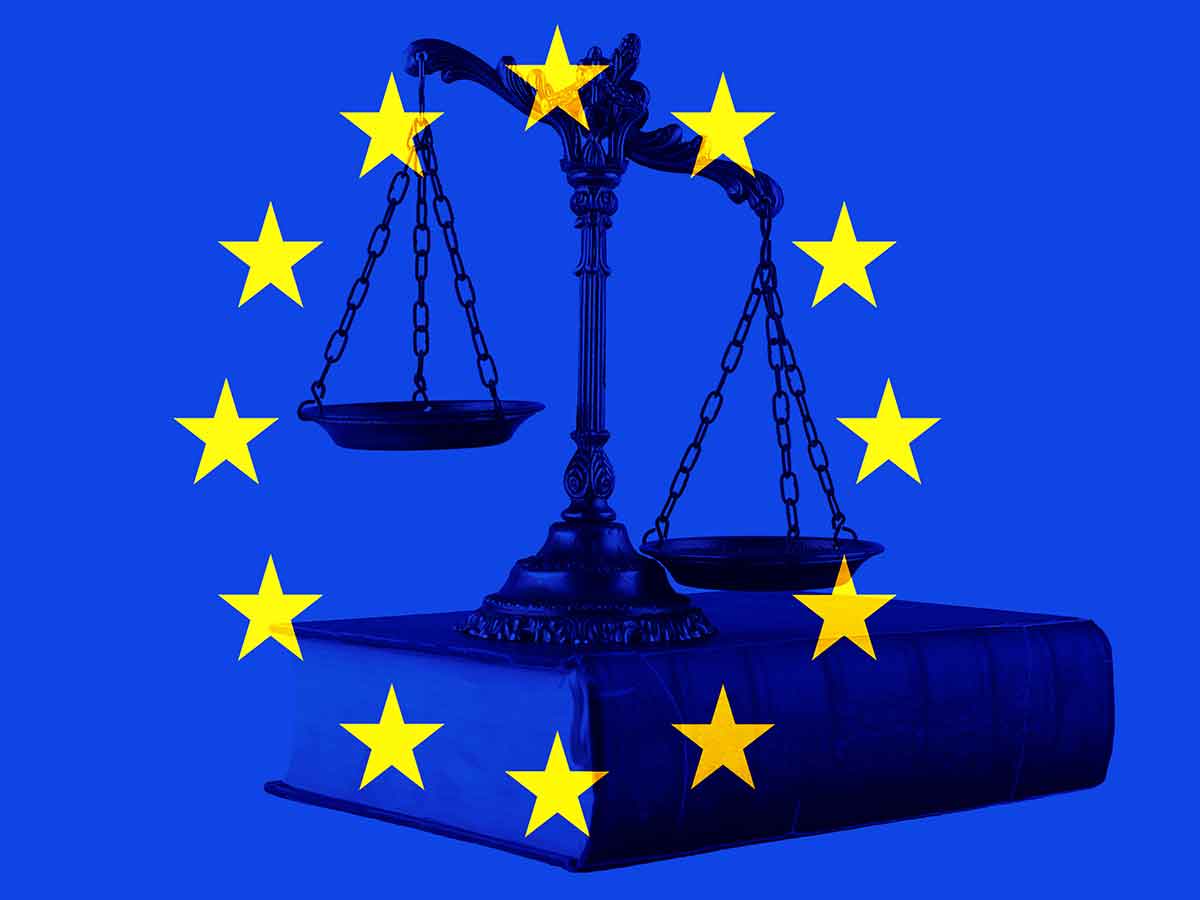
Will it constitute a fixed establishment for VAT purposes if the sufficient human and technical resources are provided by an affiliate in another Member State?
The judgement of the European Court of Justice (ECJ) in case C-333/20. Berlin Chemie A. Menarini is a new milestone in the interpretation of the concept of ‘fixed establishment’.
From the viewpoint of the recipient of the services, the concept of fixed establishment is determined by Article 11(1) of EU VAT Implementing Regulation (282/2011/EU Regulation) which states: ‘fixed establishment’ shall be any establishment (…) characterised by a sufficient degree of permanence and a suitable structure in terms of human and technical resources to enable it to receive and use the services supplied to it for its own needs.
The criterium of ‘suitable structure in terms of human and technical resources’ has been subject to more ECJ cases so far. In the Berlin Chemie case, the Court has made an interpretation on whether a taxable person established in Member State ‘A’ will have a ‘suitable structure’ to enable it to receive and utilize taxable services in Member State ‘B’ even if the suitable human and technical resources are provided by its local affiliate.
According to the historical background of the case, Berlin Chemie is a German-established pharmaceutical company distributing medicines in Romania as well. To carry out this business, Berlin Chemie rented a warehouse space and registered for VAT purposes in Romania, through a tax representative. Berlin Chemie is a 95% owner of a Romanian-established entity which was contracted in providing marketing and legal services. The engagement covered the promotion of Berlin Chemie’s products in Romania along with taking care of all the administrative measures which was required for carrying out the Romanian distribution activity. In addition to this, the Romanian affiliate assisted in the clinical trials and other research and development activities under the contract. The Romanian affiliate did not have customers other than Berlin Chemie.
The Romanian affiliate treated its supplies as cross-border B2B services falling under the general place of supply rules and regarded the seat of Berlin Chemie (i.e., Germany) as being most concerned with the said services.
Conversely, the Romanian tax authorities took the view that the described services created a fixed establishment in Romania for Berlin Chemie, since the Romanian affiliate provided him with the sufficient human and technical resources to enable him to carry out taxable economic activity (i.e., distribution of medicines) in Romania on a permanent basis. Therefore, the Romanian tax authorities found the supplies of the Romanian affiliate to be domestic supplies subject to Romanian VAT. Berlin Chemie brought the case to the local administrative court which referred the case to the ECJ, having doubted that the supplies of the Romanian affiliate would constitute a fixed establishment in Romania.
The Court held that although it is not a requirement for a taxable person to use its own personnel and technical resources to be capable of receiving and utilizing taxable services in a Member State, the ‘appropriate structure’ is otherwise missing if the human and technical resources are exclusively provided by a single affiliate. The Court pointed out that the same means cannot be used both to provide and receive the same services, so if the Romanian affiliate could create a fixed establishment for Berlin Chemie, such a fixed establishment would receive services “from itself”.
Should you have any questions on the above, please feel free to contact us.
Krisztián Vadkerti, partner
Márta Pénzely, adómenedzser
Márton Ráskai, szenior adótanácsadó
Lépjen kapcsolatba szakembereinkkel!
Az alábbi űrlap segítségével feliratkozhat szakmai hírlevelünkre, így folyamatosan értesítjük az adózás, a könyvelés és a bérszámfejtés területén megjelenő újdonságokról.











